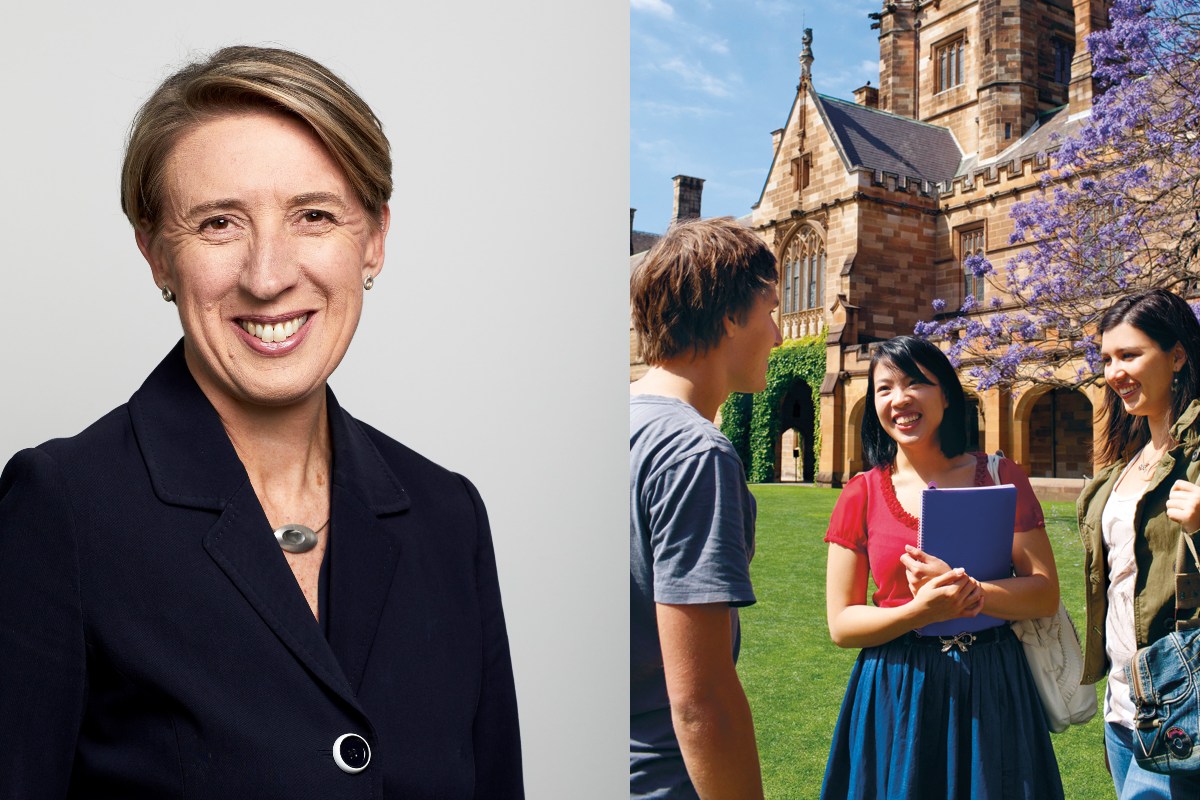
University peak body wants government to scrap job-ready graduates package

Image: Chief Executive of Universities Australia Catriona Jackson (left). Photo: Science and Technology Australia/Flickr.
By JUSTIN COOPER
A peak university board has flagged tertiary education across Australia for a lack of funding, and issues with the Job-ready graduates package introduced by the Morrison government, which effectively doubled the cost of arts and law degrees.
Following the Australian Government’s review of Australia’s higher education sector, Universities Australia has put forward multiple strategies to improve tertiary education.
Requests include additional funding in tertiary education research and development, as well as replace the Job-ready package. Additionally, Universities Australia called to extend uncapped places for Indigenous students, and include new schemes focusing on work-integrated learning and placements.

Chief Executive of Universities Australia, Catriona Jackson, said the submission is to provide future opportunities for students, whilst preparing universities for potential course opportunities.
“Skill shortages, economic uncertainty, geopolitical tensions and a new industrial revolution are changing the way we live and operate… and universities have a crucial role to play,” Jackson said.
“Every Australian should be able to attend university if they want to.”
Jackson also noteed the impact of graduate students having the potential of boosting economies up to $185 billions dollars more, regardless of degree studied.
However, current schemes including the Job-ready Program have proven to limit certain bachelor and degree opportunities.
The Coalition introduced the Job-Ready Program introduced in 2020 and received criticism for limiting government contribution and almost doubling fees for many humanities and art courses.
All whilst other courses including STEM, agriculture and nursing courses were slightly increased or had no change in fees, to encourage more students to enrol in such bachelors or degrees.
The recent Review of Australia’s Higher Education System by the Federal Government made late last year, is currently reviewing all submitted submissions.
Students getting the short stick










